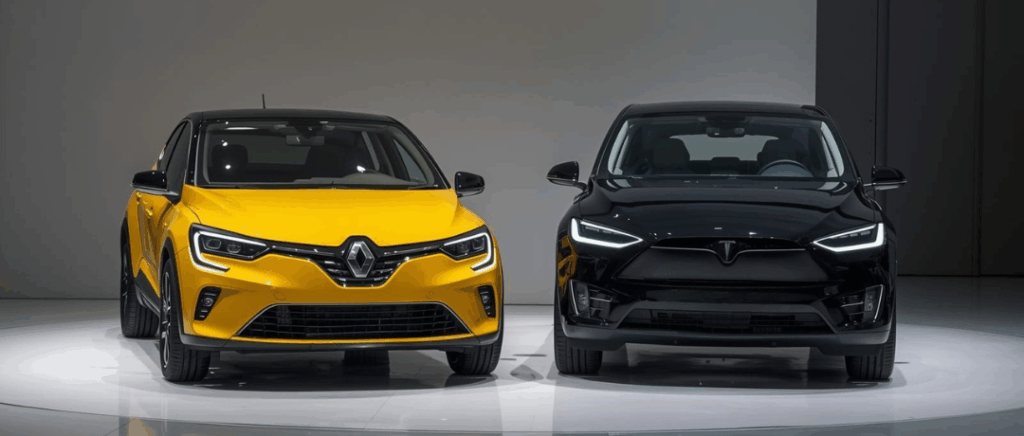Our experts answer your questions with a smile
Monday to Friday 9am - 12.30pm - 2pm - 7pm
Installing charging points in condominiums: an obstacle course?
One of the main reasons for such a low number of charging points in condominiums is, of course, the cost to the co-owners. Installation is also an important factor to take into account, because depending on the power of the charging pointHowever, prices can quickly soar. Installation is complex, and techniques vary depending on the type of bollard to be installed.
Despite this, the government is proposing aid for the installation of charging points with the aim of encouraging their deployment, but this aid, while attractive and interesting for condominiums and building managers, is not enough.Apart from that, we also need to take into account the following factors technical constraints linked to their facilitiesHowever, they do require some work to be carried out beforehand. There are also procedures to follow, which can slow down the installation process considerably and discourage condominiums (identifying needs, drawing up the collective infrastructure project, presenting the estimate to the general meeting).
The solution? Support for the installation of charging points in condominiums
Enedis (formerly ERDF), which manages the French electricity network, sees this as an opportunity to change things. The aim of all this is to pre-finance the installation of recharging infrastructure in co-ownerships.
It concerns operators and infrastructure installers charging stations for electric vehicles, the mobility operatorsthe lessors of apartment buildings, the co-ownership trustees and co-owners.
What's new for condominiums? And what will this change for them? From now on, they won't have to pay anything. To put it simply, co-ownership associations and co-owners will benefit from a zero outlay, good news that will make it easier for private individuals to purchase charging stations.
Read also : How can I become an IRVE recharging point installer?
Reduced VAT and regional aid
The rate of VAT reduced to 5.5 % instead of 20% and is shown directly on the quote for the purchase and installation of the charging points. To take advantage of this reduced VAT rate, a single invoice must be issued for the entire operation.
But that's not all: the local authorities offer subsidies to promote electric mobility. You can obtain information directly from the website of your local authority, region or département.
The ADVENIR bonus
Other grants are available for people who want financial support to help them set up their own business.installation of their recharging point.
The programme named ADVENIR allows you to benefit from a payment of 50 % for the material and equipment of the recharging point. This applies to any charging point, regardless of whether it is used individually or shared with other co-owners. The maximum amount is €1,660.
However, it should be noted that all the charging points will subsequently be supplied with a maximum power of 22 kW. Finally, the bonusADVENIR Finally, it should be pointed out that in order to benefit from this famous subsidy, they will have to be fitted with an electric steering system.
This aid, which is subject to a ceiling, is designed to support decarbonisation initiatives and help private individuals, property managers, businesses and local authorities to install electric vehicle charging points. The long-term aim is to finance 125,000 charging points by 2025.
For the collective structuresa maximum grant of 8,000 EXCLUDING VAT is granted for car parks with a maximum of 100 spaces, with 75 excluding VAT for each additional seat. For outdoor car parks, the maximum amount of aid is 3,000 EXCLUDING VAT.
What's in it for co-owners? Well, this bonus can be added to that of the ADVENIR.
In conclusion
As we saw earlier, the cost and complexity of installing a recharging point explain the small increase in this figure. However, support is gradually being put in place to meet the needs of property managers and co-owners.
They are particularly important in the current climate, where the sale of electric vehicles in France is on the increase, and where the French are becoming increasingly aware of environmental issues and making the ecological transition.
































